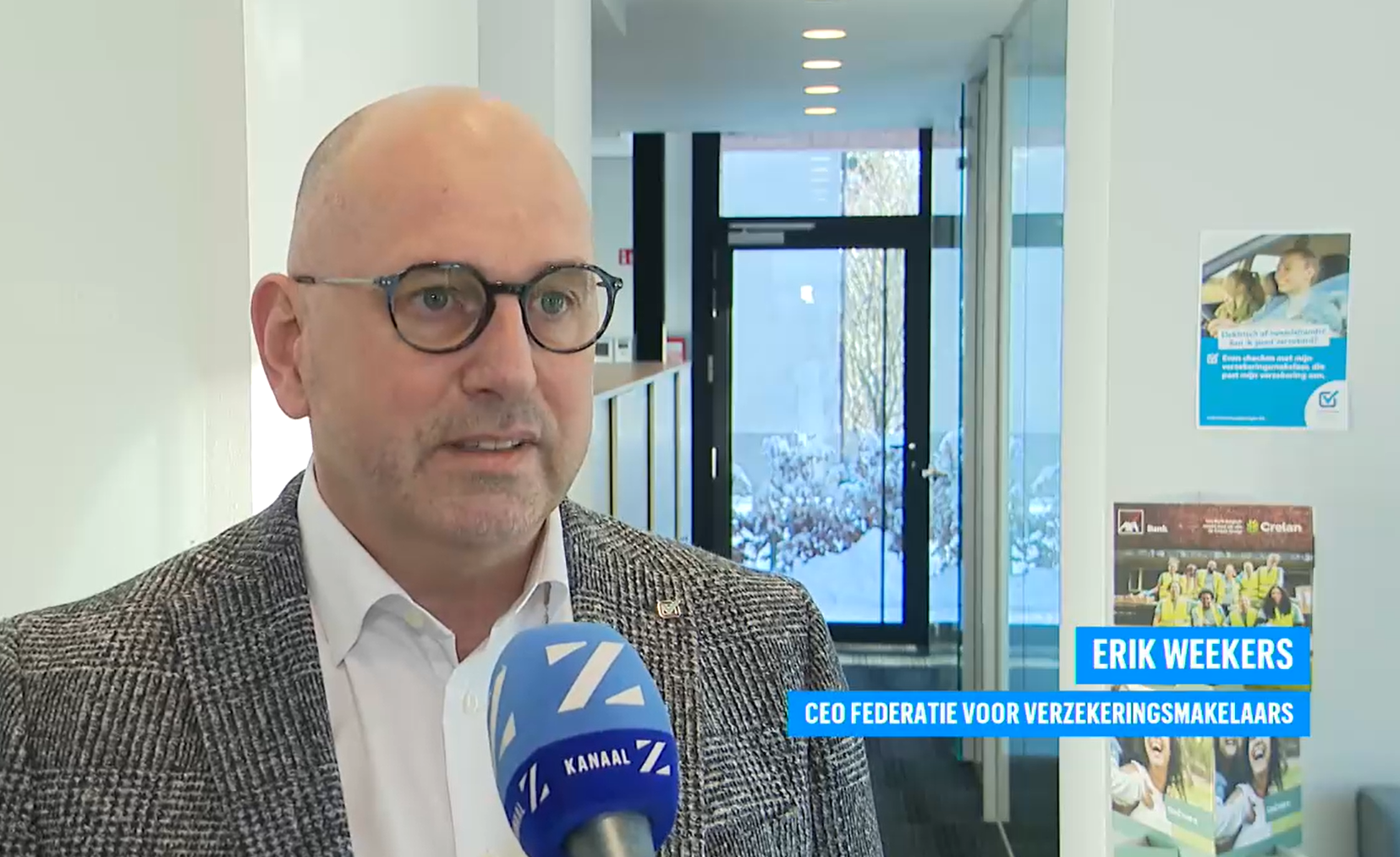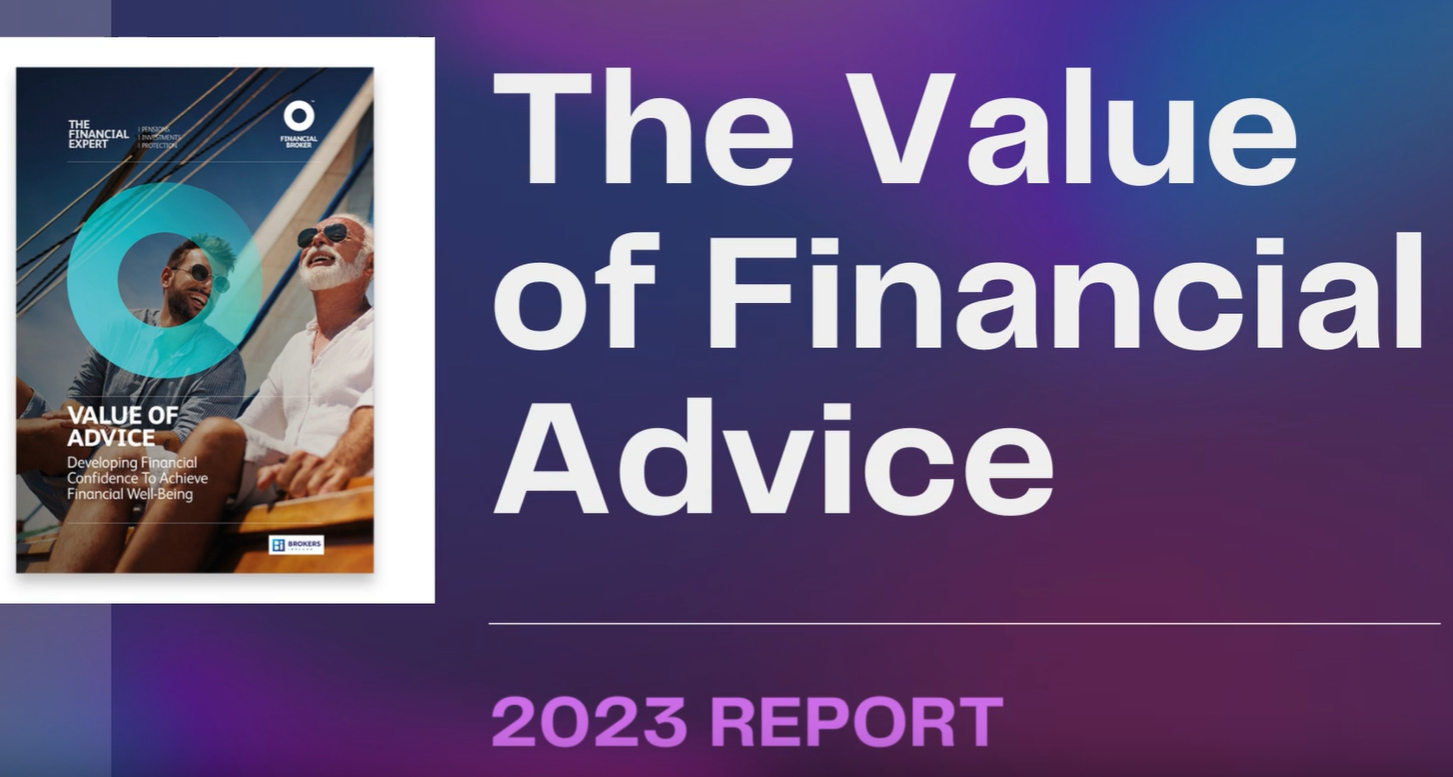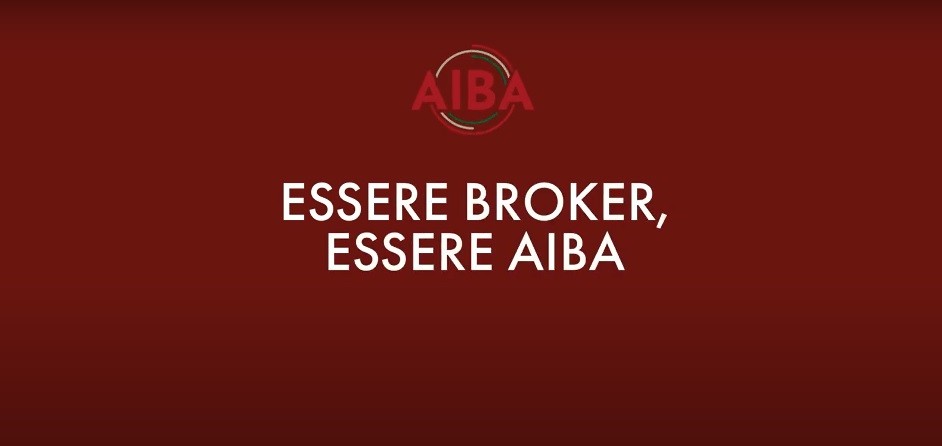Members video posts
Brochure on BIPAR and insurance intermediaries
CONTENTS:
1) BIPAR, the European Federation of Insurance Intermediaries
What is BIPAR?
What kind of intermediation activities do BIPAR’s national member associations represent?
Who do BIPAR's member associations represent?
What values unite the intermediaries represented by BIPAR's member associations?
2) BIPAR as a stakeholder in the European ambitions for the decade 2020-2030
Intermediaries, actors of the recovery in the regions
Intermediaries, convinced actors of the digital transition
Intermediaries, committed players in the climate transition
3) More about intermediaries …
Brochure on insurance intermediation
CONTENTS:
1) Executive summary
2) Insurance intermediation: a dynamic, innovative and competitive sector
3) The added value of insurance intermediaries in the insurance sector
4) The various activities of insurance intermediaries
5) The contribution of insurance intermediaries to the digitalisation of the European economy
6) How are intermediaries remunerated for their services?
7) Conclusion
Figures on insurance intermediaries in Europe
About this BIPAR paper
This paper includes a compilation of key data gathered by BIPAR national associations on intermediaries for almost all European Union countries and gives a general overview of the relative importance of respective distribution channels in the various markets.
Finding accurate data on insurance distribution is still challenging in some countries, which makes the comparison of markets difficult as the classification and data collection methods vary from one market to another. Not all figures in this brochure can thus be considered as being “scientifically” correct, and this should be kept in mind when comparing the figures.











